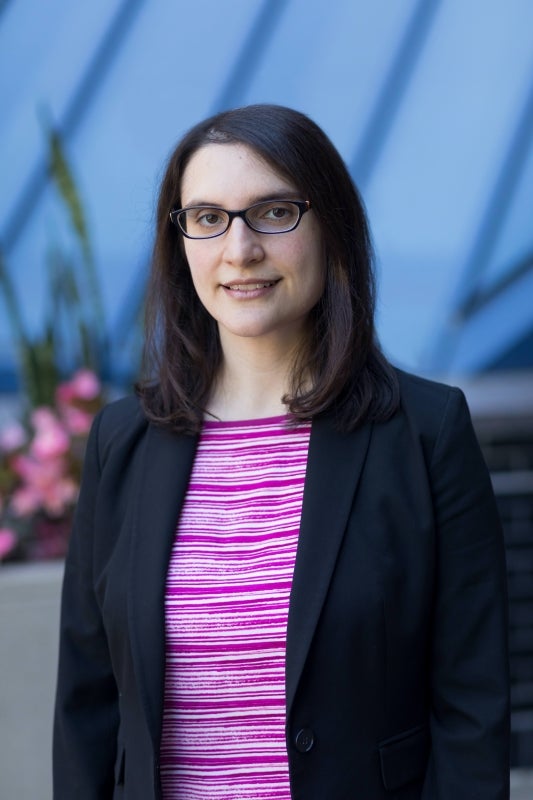Focal ablation techniques such as heat/hyperthermia, cryosurgery, and irreversible electroporation (IRE) are energy-based methods that have been used to treat solid tumors. Because in situ destruction of cancer cells using these methods releases tumor-specific antigens to the immune system, there are ongoing efforts to couple energy-based ablation with immunotherapy in order to improve therapeutic efficacy. This in situ vaccination approach aims to establish a tumor-specific T cell population within the patient that has memory and specificity in order to enable elimination of any recurring tumor cells. However, a major challenge in designing robust combination focal and immune therapies is the limited mechanistic understanding of how the post-ablation tumor microenvironment influences uptake and presentation of the tumor antigen by dendritic cells and the consequent ability of the dendritic cells to activate T cells. In this talk, I will describe our efforts to characterize how dendritic cell processing of antigens and activation of T cells varies across focal ablation methods (heat, cryotherapy, and IRE) as well as the biochemical and biophysical components of the post-ablation environment that may drive these differences. In addition, I will discuss how focal ablation can be coupled with systemic immune modulation in order to amplify the tumor-specific immune response. Finally, I will describe biomaterial approaches to enable application of energy-based focal therapies in the context of metastatic disease, which will extend the clinical reach of this technology beyond treatment of solid tumors.

Dr. Azarin is an Associate Professor and Shell Distinguished Chair in Chemical Engineering in the Department of Chemical Engineering and Materials Science at the University of Minnesota. She has degrees in chemical engineering from MIT (B.S. 2006) and the University of Wisconsin-Madison (Ph.D. 2011), where her research focused on engineering the human pluripotent stem cell microenvironment to regulate self-renewal and differentiation. She was a postdoctoral fellow at Northwestern University, where she developed biomaterial scaffolds to capture and detect metastatic breast cancer cells in vivo. Her research program at the University of Minnesota is focused on studying the function of healthy and diseased tissues in four main areas: biomaterials for in situ tumor vaccination, cellular dormancy and activation, transport across physiological barriers, and biomanufacturing of cell therapies. She is the recipient of an NSF CAREER Award, the George W. Taylor Career Development Award, and the McKnight Presidential Fellow Award.

